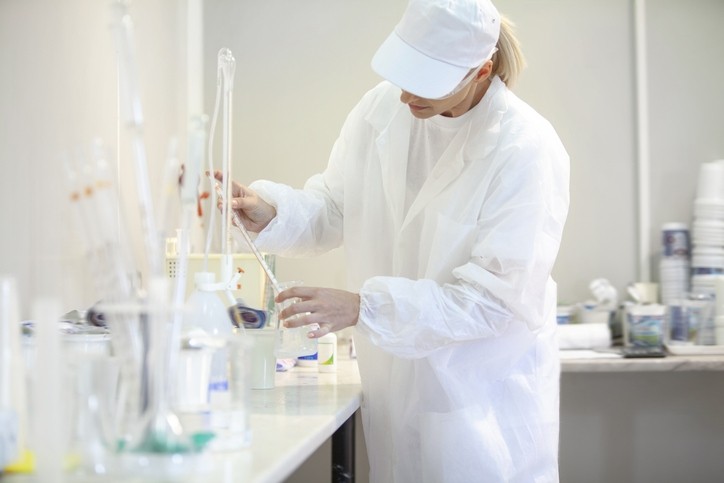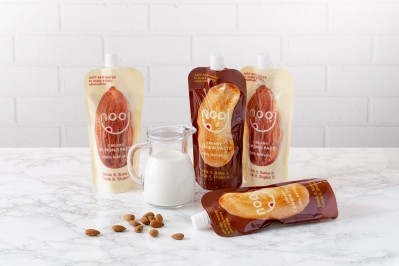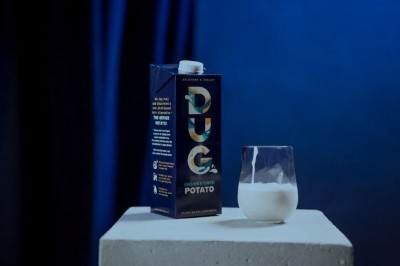Israeli start-up Imagindairy eyes lab-made milk launch after precision fermentation breakthrough

The Tel Aviv-based company revealed its proprietary technology recreates nature-identical, animal-free versions of whey and casein proteins that can be used to produce dairy analogues. “They have the flavour and texture – and, importantly, the functionality and nutritional value – of their animal-based counterparts,” it claimed.
This opens new opportunities to develop a full range of non-dairy, lactose-free products that perfectly mimic dairy versions yet contain no cholesterol, or GMOs, it said, adding It that its animal-free dairy products will boast the same nutritional composition as its conventional counterparts, from its protein content to mineral values, including calcium.
Recreating casein and whey
Imagindairy’s unique technology is based on 15 years of research. Eyal Afergan co-founder and CEO of Imagindairy told FoodNavigator the fermentation process takes 3-5 days.
“We use a selected microbial system to produce the milk protein. Since we have been studying the host organism, we are able to convert it to our needs to produce in high amount the desired milk protein that is identical to the protein made in the cow’s mammary cells. The protein is released to the growth media and easily harvested. After purification of the milk protein we dry into a powder that is used to make animal free dairy products.”
It said the cow-free milk proteins are a potential solution for consumers “seeking environmentally conscious dietary habits by reducing consumption of animal protein but cannot shake the craving for real milk in a hot cup of coffee or resist indulging in a rich cheesecake”.
It added that precision technology can be used to potentially improve the sensory qualities plant-based dairy alternatives.
“Our vision was to deliver an animal-free version of the primary dairy proteins — whey and casein — that can allow product makers to match real dairy products in terms of protein concentration, nutrient profile, and the full sensory experiences of the animal-derived versions,” said Afergan.
Adding the milk proteins (even a single protein) to a plant based protein extract improve the texture and taste. Plant based proteins do not have the same biophysical features and nutritional values that in milk proteins. Milk’s proteins unique ability to form curds is better than plant based proteins therefore could be used as emulsifiers and texture forming agents.
The start-up has already raised US$1.5M in seed funding, led by The Kitchen FoodTech hub, with contributions from the Israeli Innovative Authority, CPT Capital, New Crop Capital, and Entrée Capital, and will soon enter its A-round funding series.
The company expects to launch its first product in two years which it will supply to food brands. “Our go to market strategy is B2B. We believe that the best way to move forward and introducing the world animal free products is through strategic collaboration with dairy branded companies.”
He added that consumers would accept products created by precision technology as they learn more about them.
"Many food products are produced in fermentation including enzymes, probiotics and proteins, the host organism is GRAS approved therefore safety is not concerns. In fact, on the contrary, fermentation process produces a cleaner product which is antibiotic free and reduces the exposure to a potential milk born pathogens. Having said that, like with every disruptive technology/product the first users are the early adaptors and then the rest of the population."
























